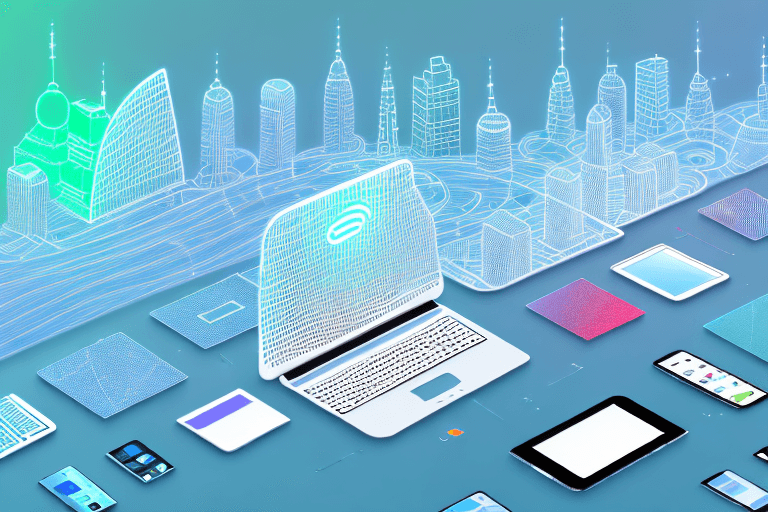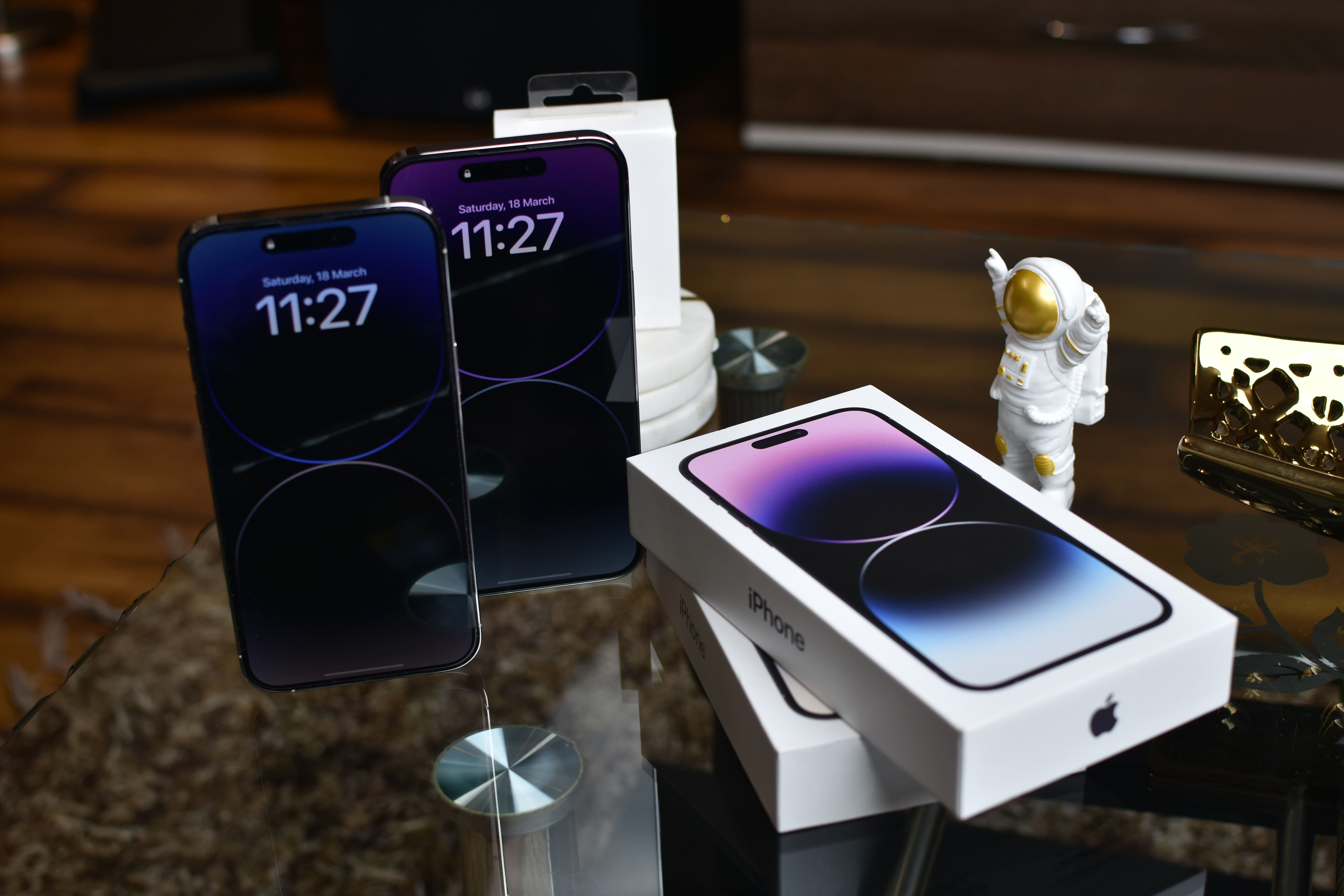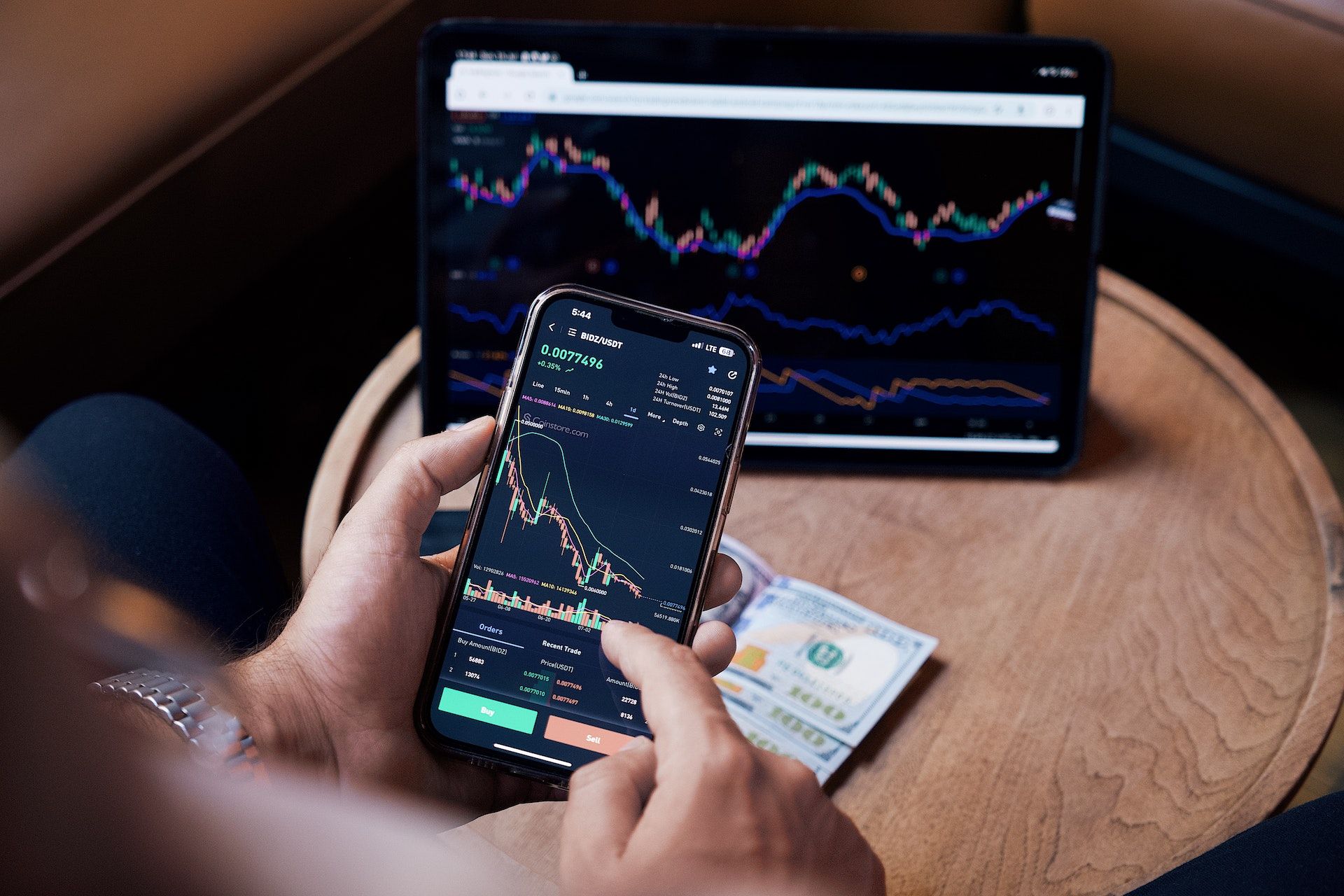Benötigen Sie auf Reisen 5G-Abdeckung?
Eine Aufschlüsselung der Vor- und Nachteile von 5G
Zusammenfassung
5G steht für die fünfte Generation der Internettechnologie und verspricht höhere Geschwindigkeiten, stabilere Verbindungen, geringere Latenzzeiten und Verbindungen mit hoher Bandbreite, die Ihr Online-Erlebnis reibungsloser und angenehmer machen. Die Umstellung auf 5G bringt jedoch auch Nachteile mit sich, und die Frage ist: Brauchen Sie wirklich 5G-Internet, insbesondere auf Reisen? Begleiten Sie uns, während wir einige der Vor- und Nachteile von 5G aufschlüsseln.

Geschwindigkeit, Effizienz und Latenz
Das wohl am meisten beworbene Merkmal von 5G ist seine enorme Geschwindigkeit. 5G-Netzwerke sind deutlich schneller als ihre Vorgänger. Mit Downloadgeschwindigkeiten von bis zu 10 Gigabit pro Sekunde wird das Surfen im Internet, das Streamen von hochauflösenden Videos und das Herunterladen großer Dateien zum Kinderspiel. Diese höhere Geschwindigkeit verbessert nicht nur unser Online-Erlebnis, sondern ermöglicht es uns auch, bei unseren digitalen Unternehmungen produktiver und effizienter zu sein.
Neben der beeindruckenden Geschwindigkeit bieten 5G-Netzwerke auch eine geringere Latenz, also die Zeit, die Daten benötigen, um von einem Punkt zum anderen zu gelangen. Die reduzierte Latenz von 5G kann bei Echtzeitanwendungen wie Spielen und Videokonferenzen einen großen Unterschied machen.
Spieler werden eine deutliche Verbesserung ihres Gameplays mit minimalen Verzögerungen und sofortigen Reaktionszeiten erleben. Das bedeutet, dass kompetitives Online-Gaming noch intensiver und unterhaltsamer wird, da die Spieler schnell auf Ereignisse im Spiel reagieren können.

Führt 5G zu einem höheren Datenverbrauch?
Nun stellt sich die Frage, ob höhere Geschwindigkeit, Effizienz und geringere Latenz zu einem höheren Datenverbrauch führen würden.
An sich verbraucht 5G als Technologie nicht mehr Daten, aber es führt indirekt zu einem höheren Datenverbrauch. Bei den höheren Geschwindigkeiten und geringeren Latenzen ist es wahrscheinlich, dass Sie bei gleicher Zeit, die Sie mit Ihrem Gerät verbringen, mehr Inhalte durchsuchen werden – was zu einem höheren Datenverbrauch führt.
Darüber hinaus versuchen viele Streaming-Apps, die Inhalte bei der aktuellen Netzwerkgeschwindigkeit in der bestmöglichen Qualität zu laden. Da 5G eine höhere Geschwindigkeit bietet, laden diese Streaming-Apps die Inhalte natürlich in der höchsten Qualität und verbrauchen dadurch mehr Daten.
Abdeckung
5G ist darauf ausgelegt, mehr Verkehr, mehr Geräte und mehr Daten zu bewältigen. Diese verbesserte Konnektivität eröffnet Möglichkeiten für Innovationen in Bereichen wie dem Internet der Dinge (IoT). Ein großes Hindernis für die flächendeckende Einführung von 5G sind jedoch Einschränkungen bei der Abdeckung. Da 5G-Signale nicht so weit reichen wie 4G-Signale, ist das Erreichen einer umfassenden 5G-Abdeckung komplexer und infrastrukturintensiver.
Der Ausbau der 5G-Abdeckung erfordert die Installation einer großen Anzahl kleiner Mobilfunkstandorte, was ein zeitaufwändiger und kostspieliger Prozess sein kann. Diese kleinen Mobilfunkstandorte müssen strategisch platziert werden, um den Benutzern ein nahtloses Netzwerkerlebnis zu gewährleisten. Darüber hinaus können Hindernisse wie Gebäude, Bäume und sogar Wetterbedingungen die Reichweite und Qualität von 5G-Signalen beeinträchtigen.
Trotz laufender Bemühungen, die Abdeckung zu erweitern, gibt es immer noch viele Gebiete, in denen 5G noch nicht verfügbar ist. Dies kann eine Einschränkung darstellen, wenn Sie sich in ländlichen oder abgelegenen Gebieten befinden, die möglicherweise keinen Zugang zu den Vorteilen der 5G-Technologie haben.
Gerätekompatibilität
Noch sind nicht alle Geräte mit 5G kompatibel. Um die 5G-Geschwindigkeiten nutzen zu können, benötigen Sie ein 5G-fähiges Smartphone oder Gerät.
Während die Zahl der 5G-fähigen Geräte stetig zunimmt, ist der Übergang von älteren Geräten zu 5G-kompatiblen Geräten möglicherweise nicht für alle sofort möglich. Das bedeutet, dass Personen, die nicht bereit sind, ihre Geräte zu aktualisieren, möglicherweise die verbesserte Geschwindigkeit und die Funktionen verpassen, die 5G bietet.

Führt 5G zu einem höheren Akkuverbrauch?
Die kurze Antwort lautet: Ja, das tut es. Dies hängt zwar weitgehend von der Fähigkeit Ihres Geräts ab, die 5G-Konnektivität effizient zu handhaben, aber die höheren Bildwiederholraten in 5G-Netzwerken führen höchstwahrscheinlich zu einem höheren Stromverbrauch. Dies gilt insbesondere für viele der früheren Modelle 5G-kompatibler Geräte; obwohl sie 5G-Konnektivität unterstützen können, wurden sie möglicherweise nicht für eine effiziente Handhabung der Konnektivität entwickelt, was zu einem höheren Batterieverbrauch führt.
Brauchen Sie wirklich 5G-Internet?
Brauchen Sie angesichts all dieser Fakten wirklich 5G? Nun, das hängt wirklich von Ihren Internetanforderungen ab.
Erwägen Sie den Kauf von 5G-Internet, wenn:
- Sie sind ein intensiver Internetnutzer, der häufig streamt, spielt und große Dateien herunterlädt.
- Sie führen häufig Transaktionen durch, die eine sehr geringe Latenz und hohe Geschwindigkeiten erfordern.
- Sie befinden sich in einem Gebiet mit guter 5G-Abdeckung.
- Ihr Gerät kann die 5G-Abdeckung effizient unterstützen.

In folgenden Fällen ist es möglicherweise besser, auf 5G zu verzichten:
- Sie sind ein normaler Benutzer, der keine Transaktionen durchführt, die blitzschnelle Geschwindigkeiten und geringe Latenz erfordern.
- Ihr Gerät ist nicht für die Unterstützung der 5G-Abdeckung ausgestattet.
Benötigen Sie auf Reisen 5G-Internet?
Alles in allem ist 5G-Internet für Ihre Reisen wahrscheinlich nicht erforderlich. Für einen typischen Reisenden ist es unwahrscheinlich, dass die von Ihnen verwendeten Apps blitzschnelle Geschwindigkeiten und geringe Latenz erfordern. Sie möchten wahrscheinlich auch, dass der Akku Ihrer Geräte länger hält, da Sie viel unterwegs sind. Daher ist es möglicherweise die bessere Option, bei 4G LTE zu bleiben.
Wenn Sie jedoch einen Arbeitsurlaub machen oder Transaktionen durchführen, für die Verbindungen mit geringer Latenz erforderlich sind, ist eine 5G-Verbindung möglicherweise dennoch vorzuziehen.